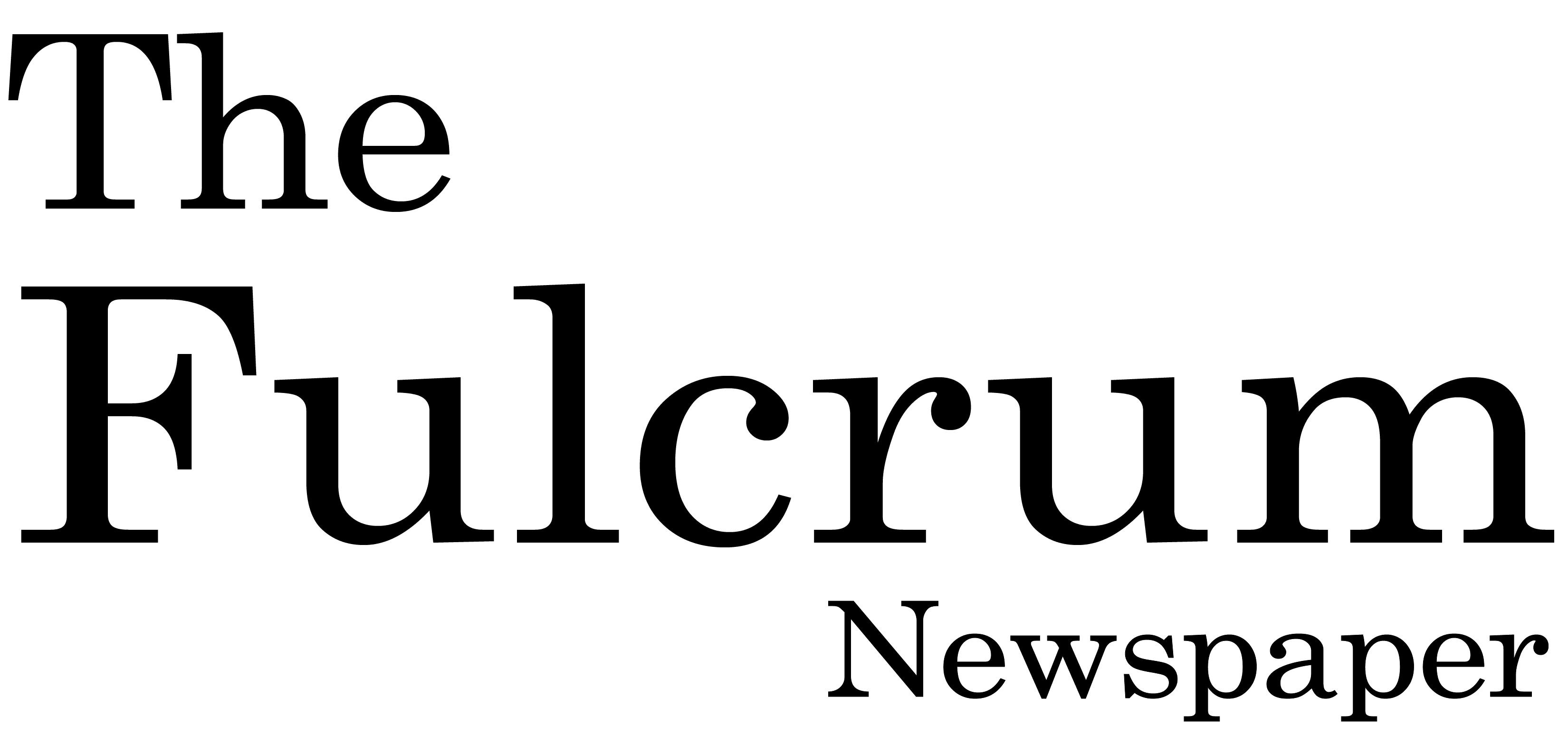By Elisabeth Costanzo Stewart
The month of October has been designated as National Disability Employment Awareness Month (NDEAM). Government agencies, corporations, and educational institutions are encouraged to spend the month reflecting on the accomplishments of American employees with disabilities and to work towards promoting new, inclusive policies to expand and diversify the American workforce. While SUNY Broome’s Accessibility Resources Office works to identify pathways of access for academic and student-life activities, they also are happy to help students navigate the transition from implementing academic accommodations to professional accommodations.
Lisa M. Hughes, SUNY Broome’s Sr. Accessibility Specialist/Coordinator of Accessibility Resources Office, believes that the combination of playing to your strengths, self-advocacy, knowing your rights, and seeking support from vocational rehabilitation resources, are key to finding professional success.
“When we talk about diversity, equity, and inclusion, we often forget to include disability in the conversation. It’s especially interesting considering that the disability minority is the only minority that we all could join tomorrow. People often also forget that not all disabilities are visible or immediately obvious. Many of the disabilities that we provide accommodations for through the ARO, such as learning disabilities, anxiety, and depression are all examples of non-visible disabilities that are present in the American workforce,” said Hughes.
Over the summer, Hughes and colleagues from the ARO attended the 2022 Equity & Excellence Conference. The keynote speaker, Dr. Cheri Blauwet, a physician, Associate Professor at Harvard Medical School, and Paralympian, shared her thoughts on how to make the American workforce more accessible and diverse. “In order to realize our full human potential, we must shatter the perception that having a disability is a lesser way of living,” shared Dr. Blauwet.
Often mistaken as being a patient in the hospital, not the physician, Dr. Blauwet firmly believes that having a disability helps her to connect with her patients on a deeper level and also helps to promote how to empower professionals with disabilities.
For centuries, people with disabilities have been consistently underemployed because employers have confused disability with capacity. As we continue through National Disability Employment Awareness Month (NDEAM) this October, we encourage the campus community to take some time to consider the following facts and suggestions.
Fact: If an employee discloses a disability to their employer, the employer is obligated to provide a reasonable accommodation. This accommodation must not change the nature of the position for which the employee was hired and it must be reasonable financially to implement. Ex. An employer could provide an audio recording of a lengthy training manual.
Suggestion: When exploring your career options, pick a profession that will highlight your strengths. Ask yourself, “What do I have to do to enter this professional field? Do I need to adjust the process or adjust the skill?” Knowing where you excel can play a huge role in your ability to creatively think of alternative ways to complete the same job, but in a way that is best for you.
Fact: Under the the Americans with Disabilities Act (ADA), individuals with disabilities are protected as both job seekers and established employees. The ADA protects against the discrimination of people with disabilities.
Suggestion: Think about what the ideal work environment would look like for you. Do you thrive in a quiet, low-key setting or are you at your best when you can be physically active while completing tasks? Creating a positive work environment will support your ability to be successful professionally. Examples: Standing desks, noise canceling headphones, vitamin D lamps, sound machines or playlists etc.
Fact: SUNY Broome’s Accessibility Resources Office and The Career, Transfer, and Bachelor Partnership Department regularly work with ACCES-VR. The Adult Career and Continuing Education Services-Vocational Rehabilitation (ACCES-VR) provides training, education, and vocational rehabilitation for individuals seeking to reach their employment goals. ACCES-VR’s resources are accessible and abundant.
Suggestion: If you ever feel uncomfortable, know where to go for assistance. Connect with your union, human resources department, or community resource if you ever feel discriminated against or unsafe in your workplace.
If you have any questions about accessing resources on campus, don’t hesitate to contact SUNY Broome’s Accessibility Resources Office. The ARO is located on the lower level of the Library, L017. For appointments and information, call +1 (607) 778-5150, VP +1 (607) 238-2714 or email aro@sunybroome.edu.
Tags: Accessibility Resources Office (ARO), Career Transfer and Bachelor Partnership Department, Disability Employment Awareness Month


